
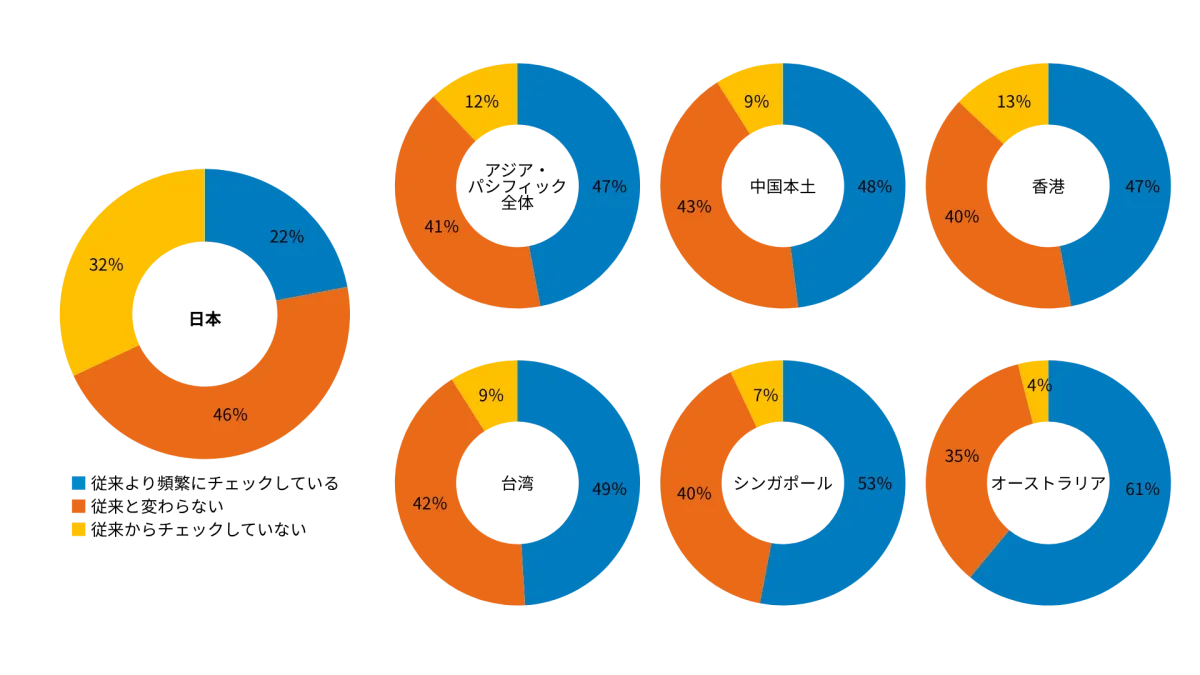
Fidelity International Unveils Insights on Individual Investors in Asia
Summary of Fidelity International's Study on Individual Investors in Asia
Fidelity Investment Co., led by CEO Colby Penzone and based in Minato, Tokyo, has released the results of a comprehensive survey conducted among individual investors across six regions of the Asia-Pacific: Japan, mainland China, Hong Kong, Taiwan, Singapore, and Australia. This survey aimed to understand investor behaviors amid the volatility experienced in the market during the first half of 2025 and to predict investor activities in the upcoming year.
The survey revealed a cautious yet optimistic sentiment prevailing among investors in the Asia-Pacific region, indicating a tendency to maintain a 'risk-on' approach, raising both investments and savings. Among the diverse trends, mainland China saw a decrease in investments, whereas Hong Kong experienced a shift towards stable assets like fixed deposits. In Japan, there was an evident rise in interest in equities and alternative assets. Meanwhile, Taiwan and Australia reported expanding opportunities in digital assets and currency-related investments, while Singapore observed minimal changes.
Key Findings from the Survey
- - Overall sentiment in Asia-Pacific is cautious yet optimistic, with a consistent trend towards increasing investments and savings.
- - Over 60% of Japanese investors intend to continue their investment plans despite a volatile market environment, showcasing a strong long-term investment orientation.
- - More than 40% of Japanese investors exhibit a keen interest in stock investments, exploring shifts towards alternative investments.
- - A significant majority, over half, expressed interest in utilizing tax-free investment systems like the Platinum NISA.
Japanese Investors Reflect Long-Term Investment Goals
As market instability persists due to the uncertain impacts of new political policies in the United States since early 2025, the behavior of investors has been scrutinized. Approximately 47% of respondents from major Asian markets frequently check their portfolio statuses. In contrast, more than 46% of Japanese investors stated their habits remain unchanged, with 32% asserting that the market fluctuations do not compel them to check their portfolios any more frequently. This trend illustrates a growing inclination towards 'passive investment' strategies among Japanese investors.
Survey Questions:
1. Has the frequency of checking your portfolio changed during the unstable market conditions of early 2025?
2. How does the uncertain market influence your investment behavior in the upcoming year?
Interestingly, 64% of Japanese investors affirmed they would not alter their current investment strategies despite market uncertainties. This figure represents the lowest inclination towards reducing investments among individual investors in the Asia-Pacific region, contrasting with the larger trend observed in mainland China, Hong Kong, and Taiwan, where investors were more inclined to hold back on new investments.
Regarding investment duration, nearly 60% of Japanese investors indicated their plans for investment spans over five years. Additionally, the purpose of investments reflects a long-term commitment, with 51% citing 'long-term capital accumulation' as a primary goal. While a modest 40% expect returns of 5% or lower, a smaller percentage seeks higher returns, indicating a dominant profile of disciplined investors in Japan.
Key Investment Queries:
1. What is your anticipated investment duration?
2. What is your primary reason for investing?
3. What return do you expect from long-term investments?
4. What is your acceptable risk-return profile for investments?
Investment Goals and Concerns
The primary aim behind investments for most respondents remains 'preparing funds for retirement', followed by 'emergency fund preparation' and 'funds for major purchases'. However, when queried about their confidence in reaching these financial goals, only 33% expressed confidence—the lowest in the Asia-Pacific, significantly lower than Australia (80%) and the regional average (55%). This low confidence likely arises from the persistent economic challenges faced, including surging prices offsetting recent wage increases fostered by corporate inflation recovery efforts.
Questions on Financial Goals:
1. How confident are you about achieving your financial goals with your current portfolio?
Growing Interest in Equities and Alternatives
When asked about preferred asset classes for future investments, a trend emerged showing heightened interest in equities, commodities, digital assets, and private equity among Japanese investors, hinting at an intention to diversify into riskier assets.
Investment Preferences in the Next 12 Months:
1. Which asset classes would you consider investing in within the next year?
Despite overall market volatility this year, the survey demonstrated that the majority of NISA account holders continued to invest. Approximately 40% cited a disregard for short-term volatility, while 15% considered the unstable conditions as an optimal investment opportunity.
The most favored future investment plans within NISA accounts comprised Japanese stocks (including investment trusts, 23%), followed closely by American stocks (18%). A smaller group expressed intentions to invest in middle-small stocks, less susceptible to geopolitical risks (13%), and bonds (10%).
When asked about anticipated expansions to NISA regulations, more than 40% expressed satisfaction with current systems, while over half indicated a desire to utilize expanded options should they become eligible, including preferences for the Platinum NISA.
Final Inquiry:
Would you like to utilize expanded NISA systems, including the Platinum NISA?
Conclusion
The results of the Asia investor survey highlighted the cautious yet resilient nature of Japanese investors. As they navigate economic uncertainty and the lingering shadows of deflation, there’s a notable momentum toward long-term investment mindsets reinforced through the introduction of new NISA standards last year. Despite the looming challenges of attaining financial goals, a growing cohort of disciplined investors remains committed to building wealth in a stable yet dynamic investment environment.
As Yoshi Nakanishi, Macro Strategist at Fidelity, commented on the findings: “Japanese investors seem to have avoided the typical behavioral traps witnessed in past cycles, demonstrating a clear understanding of existing investment frameworks. This highlights a promising shift towards more informed investing in Japan, potentially leading to a broader base of financially literate investors moving forward.”
The data discussed in this article is a subset of the broader Fidelity International Asia Pacific Investor Study, encompassing insights from 6,525 individual investors aged 18 to 69 across selected Asia-Pacific regions. The survey was conducted by YouGov between May 15 and May 28, 2025.
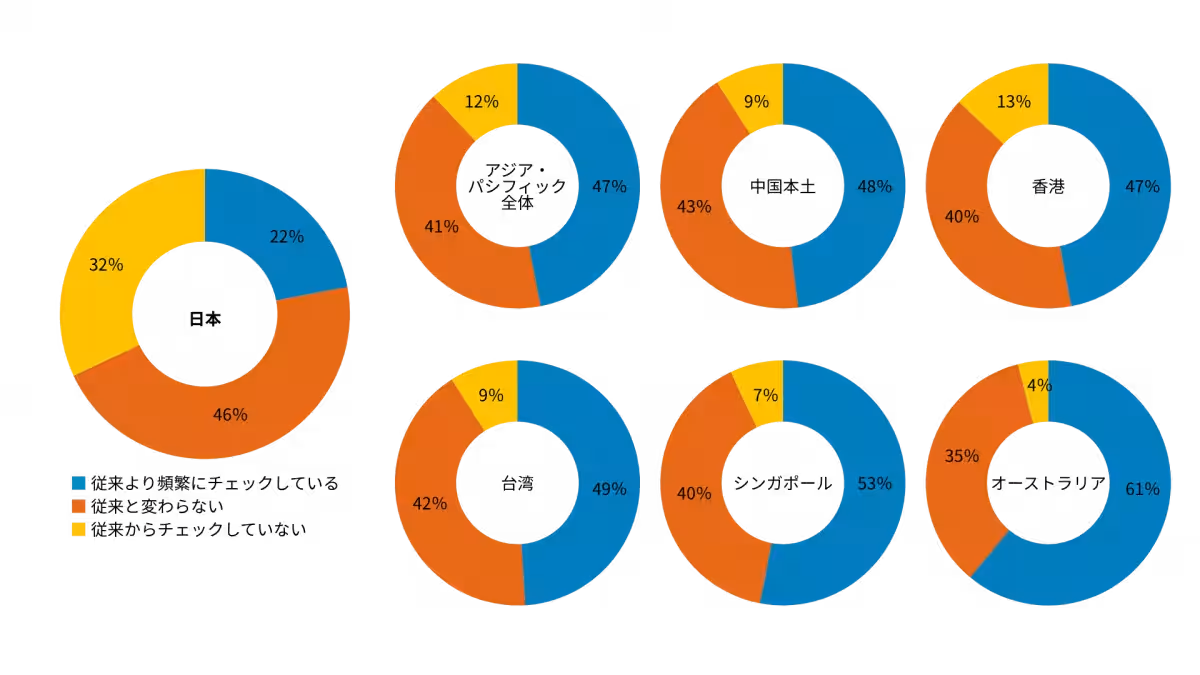
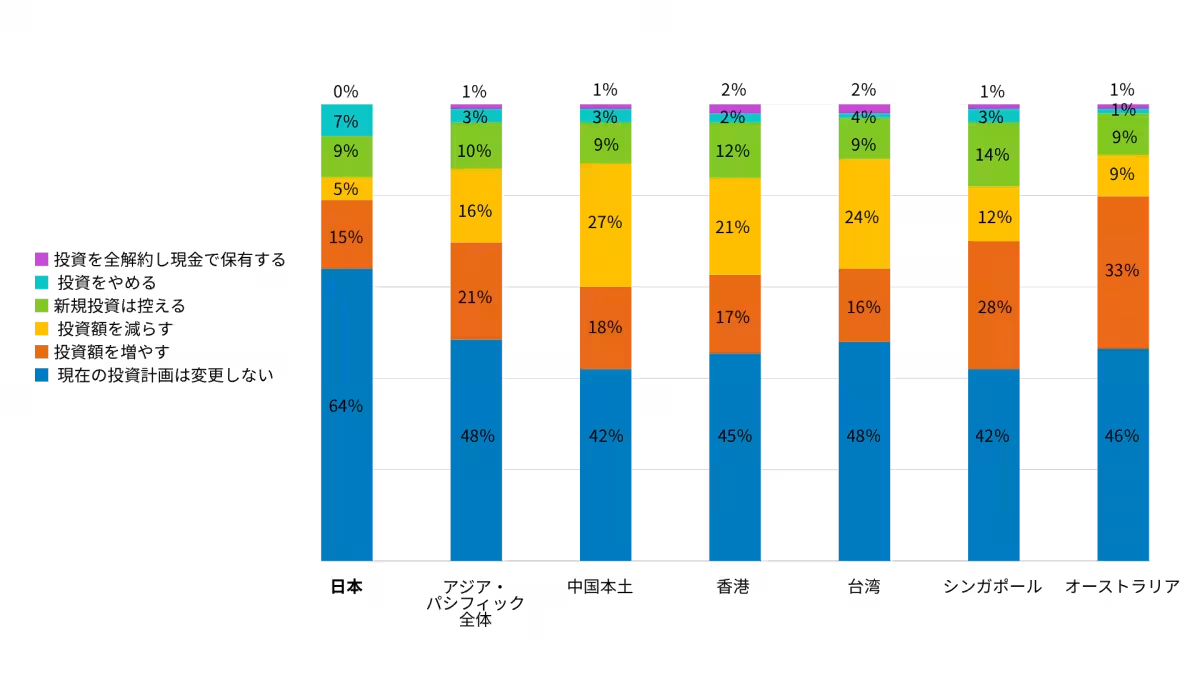

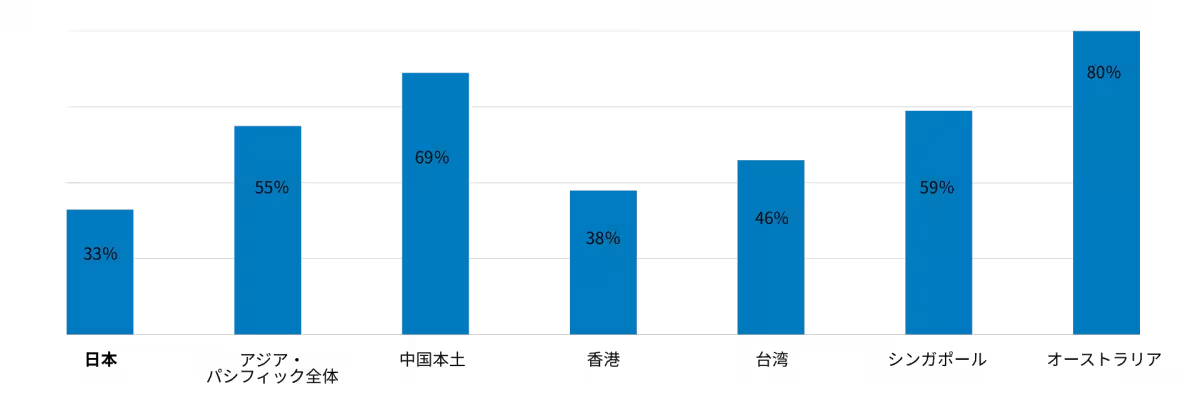
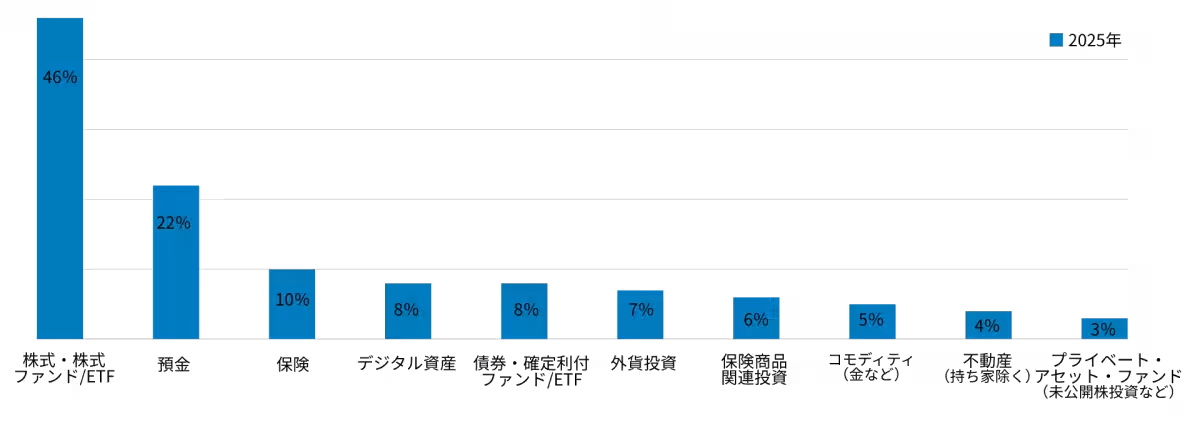

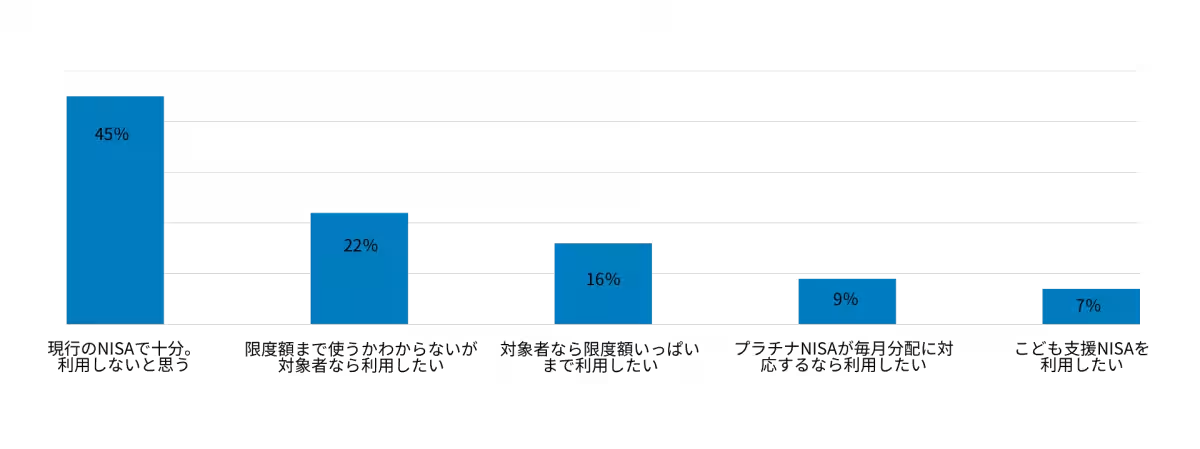
Topics Financial Services & Investing)










【About Using Articles】
You can freely use the title and article content by linking to the page where the article is posted.
※ Images cannot be used.
【About Links】
Links are free to use.